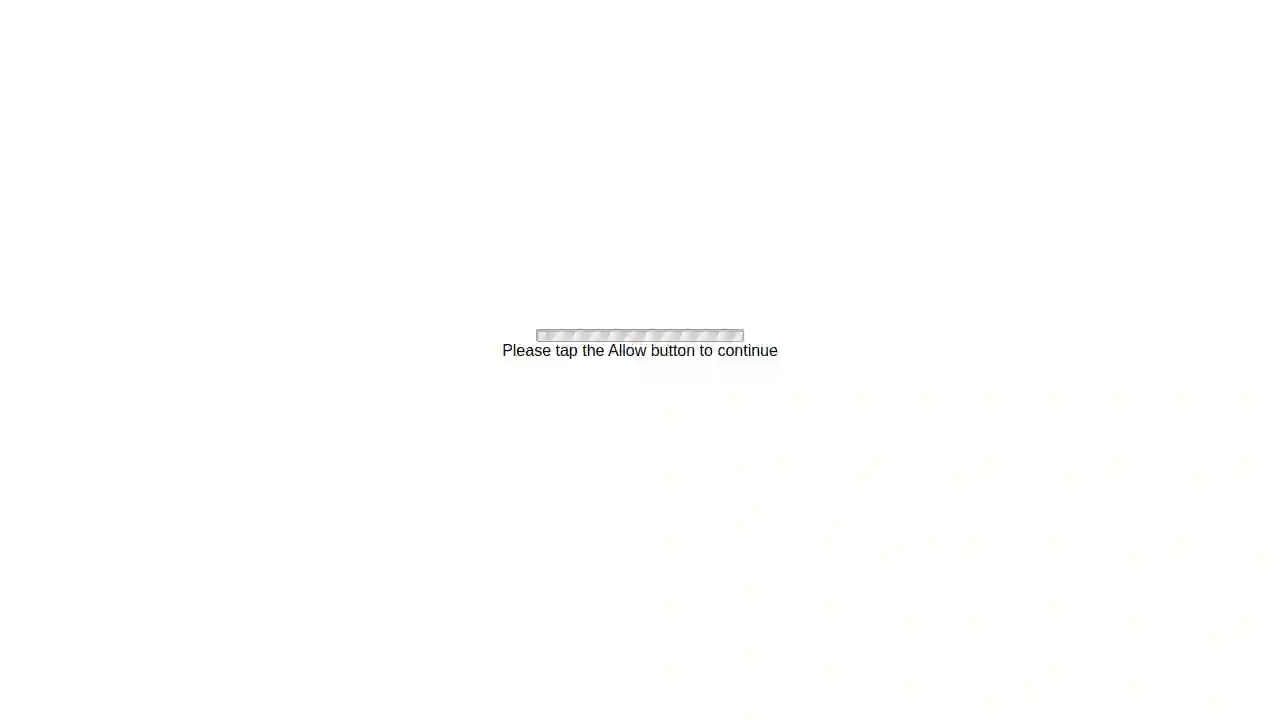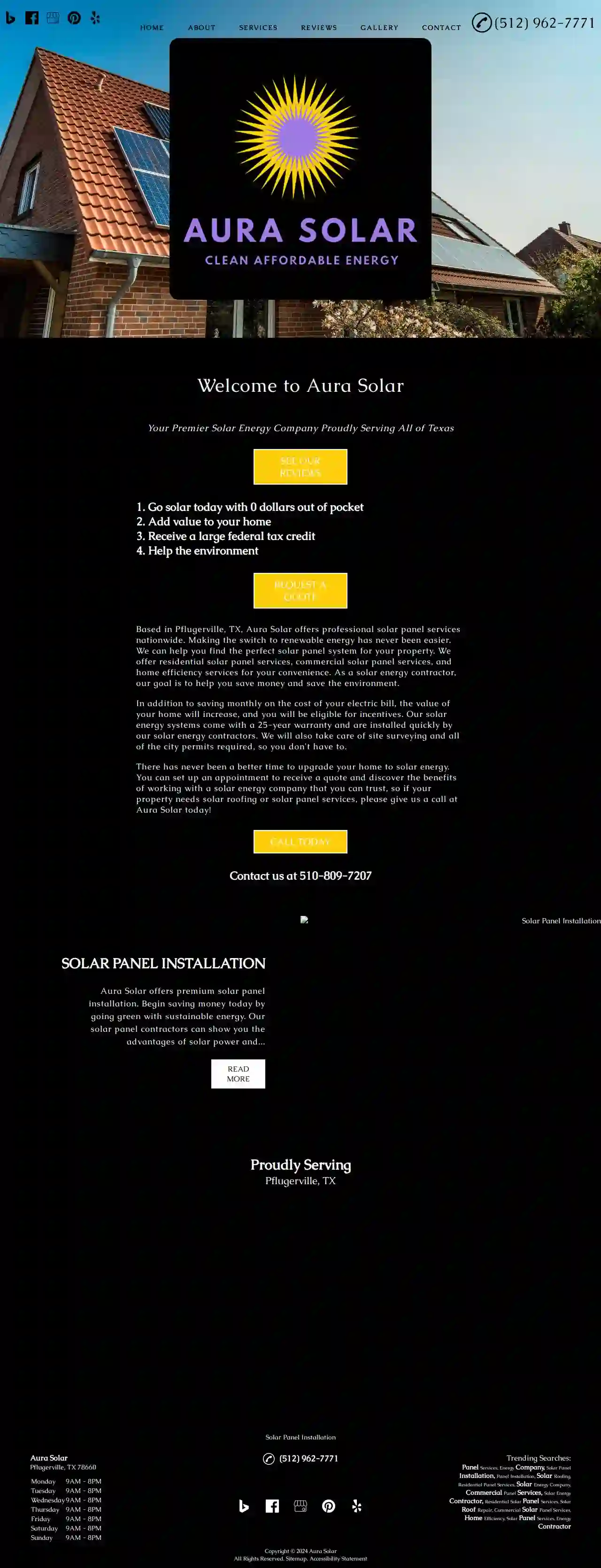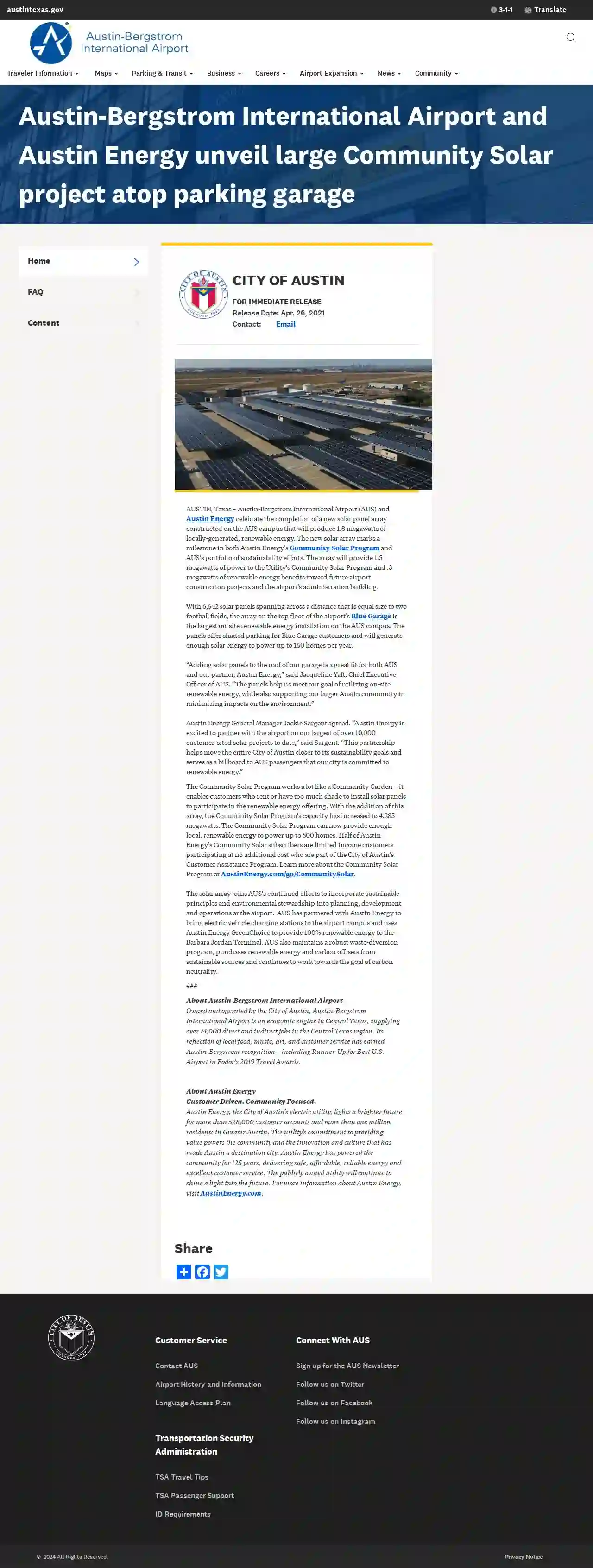Solar Panel Repair & Maintenance Austin
Find the best Solar Panel Maintenance in Austin
Get 3 FREE Solar Repair quotes for your project today! Compare profiles, reviews, accreditations, portfolio, etc... and choose the best service.

Texas Responsible Energy, Inc.
51 reviewsN/A, 12968 SH TX-31 W, Tyler, 75709, USTexas Responsible Energy, Inc. (TREE) is a leading provider of solar energy solutions for residential and commercial clients. With over 14 years of experience in designing, engineering, and installing solar systems, TREE offers comprehensive services tailored to meet the unique energy needs of its clients. From initial assessments to system design, installation, and maintenance, TREE's team of experts ensures a seamless transition to solar power. TREE is committed to sustainability and renewable energy, helping clients reduce their energy bills and carbon footprint.
- Services
- Why Us?
- Accreditations
- Our Team
- Testimonials
- Gallery
Get Quote
North Texas Solar
4.635 reviews1452 Hughes Road, Suite 200, Grapevine, 76051, USNorth Texas Solar, LLC is a locally owned and operated solar energy company that has been serving the Dallas – Fort Worth area since 2015. Their mission is to educate people on the benefits of solar, including potential electric savings, solar tax credits, and utility rebates. They work with all local utilities including Oncor, Coserv, Denton Municipal Electric, and most other local Co-ops. They offer affordable prices and zero down payment options available, and they customize your solar panel system to meet your needs.
- Services
- Why Us?
- Accreditations
- Our Team
- Testimonials
- Gallery
Get Quote
Sol Tech Solar
4.928 reviews5701 W Slaughter Lane A 130, Austin, TX, 78749, USSol Tech Solar is a leading solar energy company in Austin, TX, dedicated to providing sustainable and eco-friendly solar energy solutions for homeowners across Texas. With a commitment to customer satisfaction and a team of skilled professionals, Sol Tech Solar offers customized solar solutions including solar panel installation for residential, generator installations, battery backups, and maintenance services.
- Services
- Why Us?
- Accreditations
- Our Team
- Testimonials
- Gallery
Get Quote
Texas Solar Power Systems
59 reviewsKeller, TX, 123 Solar Way, 76248, USTexas Solar Power Systems is a leading provider of solar panel installations in Keller, TX. Our mission is to empower homeowners to generate their own electricity, reduce their reliance on the grid, and save on their energy bills. We offer a range of services including solar panel system design, installation, and maintenance. Our team of certified professionals are dedicated to providing top-quality service and ensuring customer satisfaction. We believe in the power of solar energy and its potential to make a positive impact on the environment.
- Services
- Why Us?
- Accreditations
- Our Team
- Testimonials
- Gallery
Get Quote
One4 solar
512 reviewsN/A, 9900 Westpark Dr, Houston, 77063, USOne4Solar Tech is a company dedicated to providing clean, renewable energy to households across the United States. Their mission is to ensure every household has access to a clean renewable energy source. They offer solar panels as a sustainable solution to rising electricity bills, providing homeowners with a better lifestyle and peace of mind. One4Solar Tech offers $0 down payments and 12 months of free payments for qualified homes.
- Services
- Why Us?
- Accreditations
- Our Team
- Testimonials
- Gallery
Get Quote
PV Tech
4.717 reviews1234 Solar Lane, Suite 101, Honolulu, 96813, USSustainable Energy Solutions For Your Home or Business! The future of affordable residential solar photovoltaic has arrived. It’s now easier and more cost-effective than ever to have solar PV installed on your home. With over 50 years of combined work experience in the field and industry recognition for excellence, our residential PV company has the skills and high quality products and equipment to get your installation done right and according to your family’s energy needs.
- Services
- Why Us?
- Accreditations
- Our Team
- Testimonials
- Gallery
Get Quote
Aura Solar
4.971 reviews123 Solar Street, Pflugerville, TX, 78660, USWelcome to Aura Solar, your premier solar energy company proudly serving all of Texas. We offer professional solar panel services nationwide, making the switch to renewable energy easier than ever. Our goal is to help you save money and save the environment. In addition to saving monthly on the cost of your electric bill, the value of your home will increase, and you will be eligible for incentives. Our solar energy systems come with a 25-year warranty and are installed quickly by our solar energy contractors. We will also take care of site surveying and all of the city permits required, so you don't have to. There has never been a better time to upgrade your home to solar energy.
- Services
- Why Us?
- Accreditations
- Our Team
- Testimonials
- Gallery
Get Quote
Malama Solar
4.8119 reviews590 B Paiea St, Honolulu, Hawai'i, 96819, USMālama Solar is a leading solar company in Hawaii, dedicated to providing high-quality solar solutions to residents and businesses. With a focus on sustainability and customer satisfaction, Mālama Solar offers a range of services including solar panel installation, solar batteries, and solar tax credits. Their team of experienced professionals ensures a smooth and efficient process from consultation to installation, making solar energy accessible and affordable for everyone.
- Services
- Why Us?
- Accreditations
- Our Team
- Testimonials
- Gallery
Get Quote
Austin Bergstrom International Airport Community Solar Array
Austin-Bergstrom International Airport, Austin, TX, 3600 Presidential Blvd, 78719, USAustin-Bergstrom International Airport (AUS) and Austin Energy celebrate the completion of a new solar panel array constructed on the AUS campus that will produce 1.8 megawatts of locally-generated, renewable energy. The new solar array marks a milestone in both Austin Energy’s Community Solar Program and AUS’s portfolio of sustainability efforts. The array will provide 1.5 megawatts of power to the Utility’s Community Solar Program and .3 megawatts of renewable energy benefits toward future airport construction projects and the airport’s administration building.
- Services
- Why Us?
- Accreditations
- Our Team
- Testimonials
- Gallery
Get Quote
Solar Service
5333 reviewsSan Antonio, TX, 123 Solar Way, 78230, USSolar Service is a trusted solar maintenance company in Texas, offering repairs, cleaning, maintenance, removals, and reinstalls. They cater to residential services including solar panel removal in San Antonio and Austin, clean services, memberships, FAQs, and a blog. Their team is dedicated to keeping solar running efficiently.
- Services
- Why Us?
- Accreditations
- Our Team
- Testimonials
- Gallery
Get Quote
Over 4,210+ Solar Companies onboarded
Our solar contractors operate in Austin and beyond!
SolarCompaniesHub has curated and vetted Top Solar Installers in Austin. Find a top & reliable pro today.
Solar Panel Repair & Maintenance FAQ
- Use high-quality wiring and components.
- Ensure proper installation by a qualified electrician.
- Install arc-fault circuit interrupters (AFCIs) in your solar panel system. AFCIs are safety devices designed to detect and interrupt arc faults, protecting your system and property from fire hazards.
- Regularly inspect wiring and connections for any signs of damage or looseness.
- Improper Flashing: Flashing is a thin, waterproof material used to seal gaps and prevent water intrusion around penetrations in the roof, such as vents, chimneys, and solar panel mounts. If flashing is installed incorrectly, water can seep through the roof.
- Damaged Roof Shingles: If roof shingles are damaged during the installation process, it can create openings for water to enter.
- Improper Sealant Application: Sealant is used to create a watertight barrier around solar panel mounts and other roof penetrations. If the sealant is not applied correctly, it can deteriorate and allow water to leak through.
- Uses high-quality flashing and sealants
- Follows industry best practices for installation
- Has a thorough understanding of roofing systems.
- Increased Energy Efficiency: Clean and well-maintained panels produce more energy, maximizing your solar savings.
- Extended System Lifespan: Regular inspections and timely repairs can prevent minor problems from escalating into major issues, prolonging the lifespan of your solar system.
- Reduced Repair Costs: Catching problems early can prevent more extensive and costly repairs down the line.
- Improved Safety: Maintenance checks can identify potential electrical or fire hazards, keeping your system safe.
- Warranty Compliance: Some solar panel warranties require regular maintenance to remain valid.
What are solar panel arc faults, and how are they prevented?
Can solar panels cause roof leaks?
Do solar panels need to be removed for roof repairs?
What are the benefits of regular solar panel maintenance?
What are solar panel arc faults, and how are they prevented?
- Use high-quality wiring and components.
- Ensure proper installation by a qualified electrician.
- Install arc-fault circuit interrupters (AFCIs) in your solar panel system. AFCIs are safety devices designed to detect and interrupt arc faults, protecting your system and property from fire hazards.
- Regularly inspect wiring and connections for any signs of damage or looseness.
Can solar panels cause roof leaks?
- Improper Flashing: Flashing is a thin, waterproof material used to seal gaps and prevent water intrusion around penetrations in the roof, such as vents, chimneys, and solar panel mounts. If flashing is installed incorrectly, water can seep through the roof.
- Damaged Roof Shingles: If roof shingles are damaged during the installation process, it can create openings for water to enter.
- Improper Sealant Application: Sealant is used to create a watertight barrier around solar panel mounts and other roof penetrations. If the sealant is not applied correctly, it can deteriorate and allow water to leak through.
- Uses high-quality flashing and sealants
- Follows industry best practices for installation
- Has a thorough understanding of roofing systems.
Do solar panels need to be removed for roof repairs?
What are the benefits of regular solar panel maintenance?
- Increased Energy Efficiency: Clean and well-maintained panels produce more energy, maximizing your solar savings.
- Extended System Lifespan: Regular inspections and timely repairs can prevent minor problems from escalating into major issues, prolonging the lifespan of your solar system.
- Reduced Repair Costs: Catching problems early can prevent more extensive and costly repairs down the line.
- Improved Safety: Maintenance checks can identify potential electrical or fire hazards, keeping your system safe.
- Warranty Compliance: Some solar panel warranties require regular maintenance to remain valid.